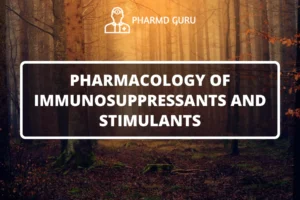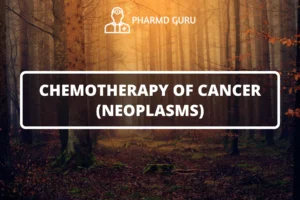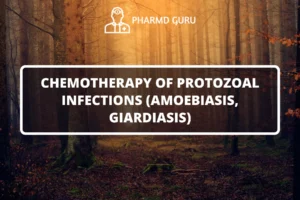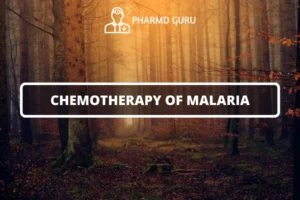PHARMACOLOGY OF ANTHELMINTIC DRUGS
Anthelmintic drugs are a class of medications used to treat infections caused by parasitic worms, also known as helminths. These infections, known as helminthiasis, can affect various organs and systems in the body. Anthelmintics work by targeting the parasites and either killing them or inhibiting their growth and reproduction. In this article, we will explore the pharmacology of anthelmintic drugs, including their mechanisms of action, commonly used medications, treatment protocols, and considerations for their safe and effective use.
SCROLL DOWN TO THE BOTTOM OF THIS PAGE FOR ACTUAL NOTES.
TABLE OF CONTENTS:
- Introduction
- Helminthiasis: Overview and Types
- Mechanisms of Action of Anthelmintic Drugs
- Commonly Used Anthelmintic Medications
- Treatment Protocols
- Considerations for Safe and Effective Use
Introduction
Helminthiasis is a global health issue affecting millions of people, particularly in regions with poor sanitation and limited access to healthcare. Anthelmintic drugs play a vital role in the treatment and control of helminth infections. They can target different types of helminths, including roundworms, tapeworms, and flukes, with varying mechanisms of action.
Helminthiasis: Overview and Types
Helminthiasis refers to infections caused by parasitic worms, including nematodes (roundworms), cestodes (tapeworms), and trematodes (flukes). These parasites can invade the intestines, liver, lungs, and other organs, leading to a range of symptoms and complications. Helminthiasis can be acquired through the ingestion of contaminated food or water, contact with infected soil, or through the bite of infected vectors such as mosquitoes.
Mechanisms of Action of Anthelmintic Drugs
Anthelmintic drugs exert their effects on helminths through various mechanisms:
- Paralyzing the worms: Some anthelmintics, such as benzimidazoles, interfere with the parasite’s neuromuscular function, causing paralysis and subsequent expulsion from the body.
- Inhibiting energy metabolism: Certain drugs, like niclosamide, disrupt the energy production pathways of helminths, leading to their death.
- Interfering with microtubule formation: Agents like mebendazole and albendazole interfere with microtubule formation, disrupting cell division and causing damage to the parasites.
- Inhibiting neurotransmission: Drugs such as praziquantel target the neurotransmission systems of helminths, resulting in their paralysis and subsequent elimination.
Commonly Used Anthelmintic Medications
Several anthelmintic medications are available for the treatment of helminthiasis. Commonly used drugs include:
- Mebendazole: Effective against roundworms, whipworms, and hookworms.
- Albendazole: Active against a wide range of helminths, including roundworms, tapeworms, and flukes.
- Praziquantel: Mainly used for the treatment of infections caused by cestodes and trematodes.
- Ivermectin: Effective against certain types of roundworms and external parasites like mites and lice.
Treatment Protocols
The treatment of helminthiasis with anthelmintic drugs depends on factors such as the type of helminth, the severity of the infection, and the patient’s age and overall health. Treatment protocols may involve a single dose or multiple doses of the medication, taken orally or administered parenterally. It is crucial to follow the prescribed treatment regimen and complete the full course of medication to ensure effective eradication of the parasites.
Considerations for Safe and Effective Use
When using anthelmintic drugs, it is essential to consider the following:
- Proper diagnosis: Accurate identification of the helminth species is crucial for selecting the appropriate anthelmintic medication.
- Dosage and administration: Follow the prescribed dosage and administration instructions provided by the healthcare professional.
- Adverse effects: Be aware of potential side effects and adverse reactions of the medication, and report any concerns to a healthcare provider.
- Drug interactions: Inform the healthcare provider about any other medications being taken to avoid potential drug interactions.
- Pregnancy and breastfeeding: Certain anthelmintics may not be safe during pregnancy or while breastfeeding. Consult a healthcare provider for guidance.
ACTUAL NOTES:




